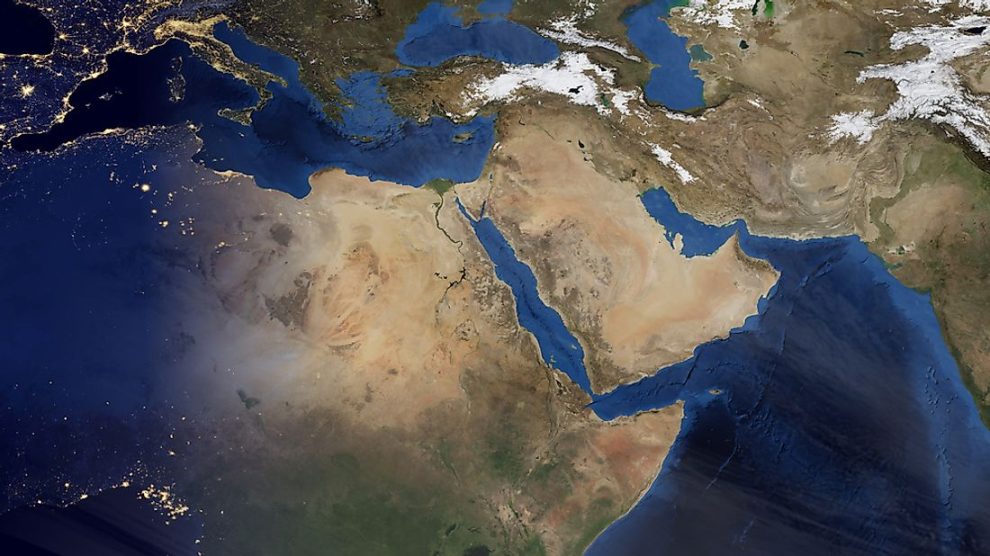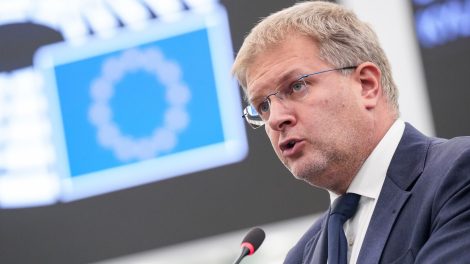When the IMEC came along. The India-Middle East-Europe Economic Corridor was among the major deliverables to emerge from the G-20 Summit in New Delhi. This rail and sea infrastructure network is intended to create a commercial corridor (suitable for energy and goods) from the Indian subcontinent across the Arabian peninsula and to Europe.
- The project has the potential to reshape trade and ties, and Italy is a stakeholder. So we contacted Mohammed Soliman, an expert at the Middle East Institute, to understand the project’s implications.
What it entails. The expert described the IMEC as “a significant infrastructure and connectivity project to enhance broader transcontinental integration between Asia, the Arabian Gulf, and Europe, or what I call the Eurasian rimland. It seeks to leverage trade, technology, and energy flows to stimulate economic development.”
Obstacles and pathways. The challenges of such a “massive” project, continued Mr Soliman, include ensuring its “smooth implementation across multiple continents in ways that could make it compete with existing maritime routes, addressing geopolitical tensions in the Middle East and East Med, navigating complex logistics and transportation issues, and dealing with regional disputes.”
- On the other hand, the IMEC’s opportunities “arise from the potential economic benefits of increased trade and connectivity.”
- The project shouldn’t be seen as an alternative model to China’s Belt and Road Initiative, argued the expert, but rather “as a platform that provides countries with more options for their economic and geopolitical strategies.”
What about Italy? As a founding partner, Rome has a role in the projects and the infrastructure it will rely upon. “Italy has traditionally fostered positive relations in West Asia but has faced challenges elevating its influence to match its potential.” Thus, participation could be “pivotal in Italy’s strategy to strengthen its ties with the Gulf and India” – and “signifies its commitment to expanding its geopolitical and economic footprint regionally and in Asia more broadly.”
- Furthermore, Italy’s involvement in IMEC “could also be a way to diversify its partnerships following its exit from the BRI. It allows Rome to engage in alternative infrastructure projects and economic ventures that align with its strategic interests.”
- Overall, concluded Mr Soliman, Rome “has the potential to leverage its participation in IMEC to enhance its regional and global standing, foster economic growth, and contribute to the development of this significant transcontinental corridor.”





